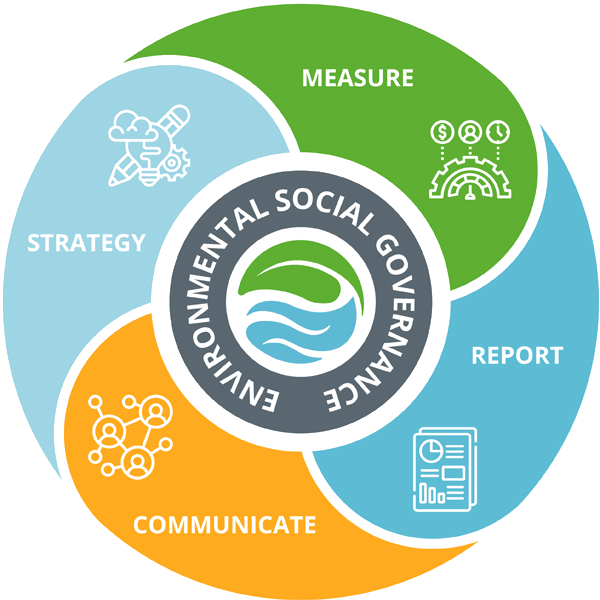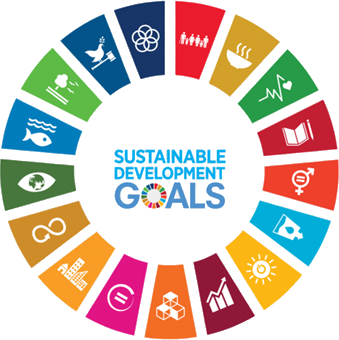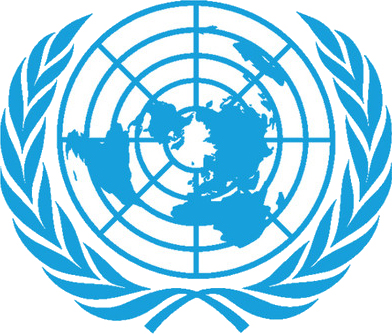Zero Waste
Achieve Zero Waste Goals And Reduce Your Carbon Footprint
Can Your Business Transition to Zero Waste?
Zero Waste goes beyond diversion numbers and focuses on the upstream policies and practices related to an organization’s increased sustainability.
An Organization With Zero Waste Goals:
- Is environmentally responsible and more resource-efficient
- Turn’s waste into savings and additional income streams
- Develops zero waste strategies, policies, and procedures
- Provides education and training to their employees on how to become better stewards of the environment
- Tracks zero waste data, including carbon footprint measurement
- Offers transparent reporting for both internal and external stakeholders
- Designs and creates products or services that aspire to do no harm and benefit all
- Develops effective environmental communications strategies
Businesses want to make the changes necessary to combat climate change but need help identifying and implementing the key actions required to get closer to net zero.
Why Zero Waste?
Investors and other stakeholders want greater transparency on how organizations are managing their environmental risks and opportunities and integrating them into their business strategy.
With growing concern about the ethical status of organizations of all sizes, these standards are the central factors that measure the ethical impact and sustainability of investment in a company.
What Is Zero Waste?
Zero Waste goes beyond recycling by taking a ‘whole system’ ESG approach to the vast flow of resources and waste through an organization.
Benefits of Zero Waste
Zero Waste Has Many Benefits For Businesses Of All Sizes

Grow Bottom Line

ScaleUp Sustainability
![]()
Reduce Carbon Emissions

Environmental Responsibility

Attract and Retain Talent

Build Trust With Stakeholders
Being Environmental Isn’t Easy And Businesses Need Help Implementing Zero Waste In A Simple, Cost-Effective Way

Here Are The Eight Steps Within The ScaleUP Process For Zero Waste
Step #1 Zero Waste Assessment
What’s Included:
- Zero Waste Assessment – FREE
- Stakeholder Engagement and Report
- Zero Waste Matrix
- Zero Waste Assessment Report
- Zero Waste Recommendations
Why It Matters
A Zero Waste Assessment will help create clarity and focus by tying stakeholder expectations to your business and reporting strategy. From there, you’ll be better positioned to understand where you can make the most significant impact.
Step #2 Business Model Analysis
What’s Included:
- Current State Baseline Report
- Gap Analysis
- Competitors Analysis
- Buyer Personas And Customer Segmentation
- Employee Training Data
- Brand Reputation Analysis
- Risk Analysis Report
Why It Matters
The Business Model Analysis will show the correlation between your business and environmental performance. It will help strategize your zero waste initiatives and how to communicate your commitments and progress across your organization and stakeholders.
Step #3 Facility Assessments and Opportunities Evaluation
What’s Included:
- Hotspots Analysis
- Zero Waste Facility Assessment
- Carbon Footprint Assessment
- Product Life-Cycle Analysis
- Climate Risk Analysis
Why It Matters
These hotspots can save over 50% in operational costs and are obtained after the first evaluation of the organization. They are kept active until the related zero waste goals are met.
Step #4 Zero Waste Road Map
What’s Included:
- Zero Waste Vision Statement
- Budget Setting
- Accountability Plan
- Zero Waste Team Creation
- Strategic Zero Waste Roadmap
- Goals and KPI Indicators
- Zero Waste Policy Recommendations
Why It Matters
Your Zero Waste Road Map will translate ambitious, data-based targets into more detailed implementation plans through critical measures. Our centralized management data software creates your custom Zero Waste Road Map to track critical metrics and performance efficiently.
Step #5 Implementation and Measuring
What’s Included:
- Zero Waste Program Implementation
- Employee Training Program
- Employee Recognition Program
- Weekly Team Meetings
- Monthly Data Gathering and Updating
- KPI Monitoring
- Monthly Action Plans
Why It Matters
We stay apprised of adjustments needed to keep on track toward your zero waste goals by constantly monitoring your road map. We use AI technology to accurately upload, manage, and update your zero waste data and generate benchmark insights and visualizations within your dashboard.
Step #6 Zero Waste Reporting
Zero Waste is more than recycling and diversion data: it’s about complete zero waste data tracking and sharing it with your stakeholders in a transparent manner. Zero Waste Reporting gives transparency and credibility to your environmental efforts and is guided by the global reporting standards and UN Sustainable Development Goals.
What’s Included:
- Monthly Performance Trends on Zero Waste Metrics (Including Carbon-Related Emissions)
- Zero Waste Data
- Employee Data
- Earth Day Reporting
- Product Life-Cycle Data
Why It Matters
Our environmental reporting tools provide flexible, configurable reports and dashboards that can be shared throughout your organization. Our charts cover the most common metrics and track your carbon-related emissions utilizing automated calculations for intensity factors.
Step #7 ROI Monitoring
What’s Included:
Operational ROI
- Monthly Spend Analysis (Waste)
- Productivity Data
Reputation ROI
- Sales Revenue Strategy and Tracking
- Stakeholder Survey-Based Measurement
- Analysis of Views and Engagement from the Awareness Campaign
- User-Generated Content Analysis
- Customer Satisfaction Analysis
Talent ROI
- Employee Retention Data
- Employee Engagement Data
- Employee Satisfaction Data
Why It Matters
With the correct data and tracking, we compile the contribution of your Zero Waste program relating to the overall business. This will provide a much more accurate measure of sustainability ROI and, in turn, will give you a more significant, sustained, and optimized investment leading to meaningful change.
Step #8 Zero Waste Communications
What’s Included:
- Internal Zero Waste Communications Strategy
- External Zero Waste Communications Strategy
- Awareness Campaign for Social Media
- Strategic Zero Waste Content Writing
- Zero Waste Section Design on Your Website
- Annual Corporate Zero Waste Report
Why It Matters
Communication about your Zero Waste program is a business strategy that creates a strong ROI if done effectively. It accelerates telling your environmental sustainability story in the language your stakeholders will connect with.
Transitioning to Zero Waste Attracts New Investors and Other Stakeholders By Bringing Credibility To Your Sustainably Efforts
We use the world’s most widely used sustainability reporting standards that enable comprehensive, credible, and effective reporting and communications.
UN Sustainable Development Goals
Zero Waste integrates the UN Sustainable Development Goals (SDGs)

Global Reporting Initiative
Zero Waste follows the Global Reporting Initiative (GRI) reporting standards

B Corp
Your Zero Waste program will fill all requirements for the B Corp Certification process

True Zero Waste Certification
Take your Zero Waste program to the next level by becoming TRUE Zero Waste certified

We Use Leading Technology
Our ESG platform follows global standards such as UN Sustainable Development Goals, GRI, SASB, and TCFD.
Our Technology Supports Companies Regardless Of Size, Industry, Or Sustainability Experience


Your ECOCAUSE Team Is With You Every Step Of The Way
The mission of your ECOCAUSE team is to use the ScaleUP process to help you create a responsible business that integrates zero waste and delivers value for people and the planet in a cost-effective way.
It’s Time To Do Things Differently
The world has changed. People want to be part of something worthwhile and get behind something they believe in.
It’s Not Enough To Turn A Profit. You Must Make A Difference.
CONTACT US NOW TO START YOUR ZERO WASTE JOURNEY AND GET A FREE ZERO WASTE ASSESSMENT



